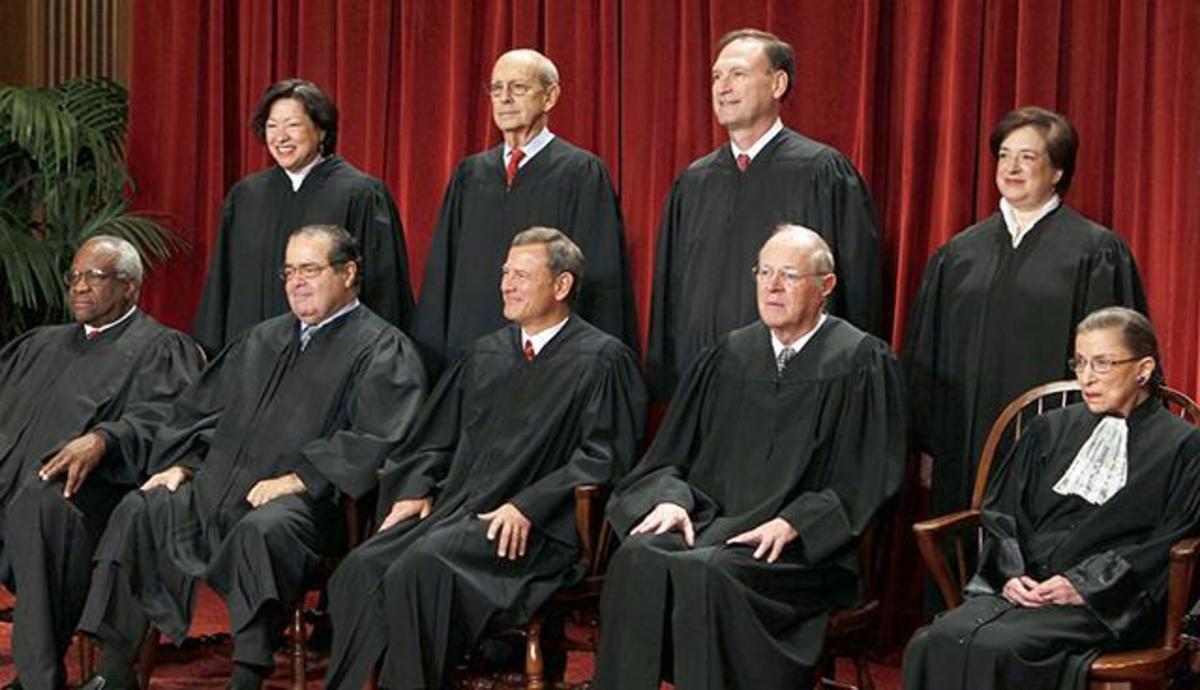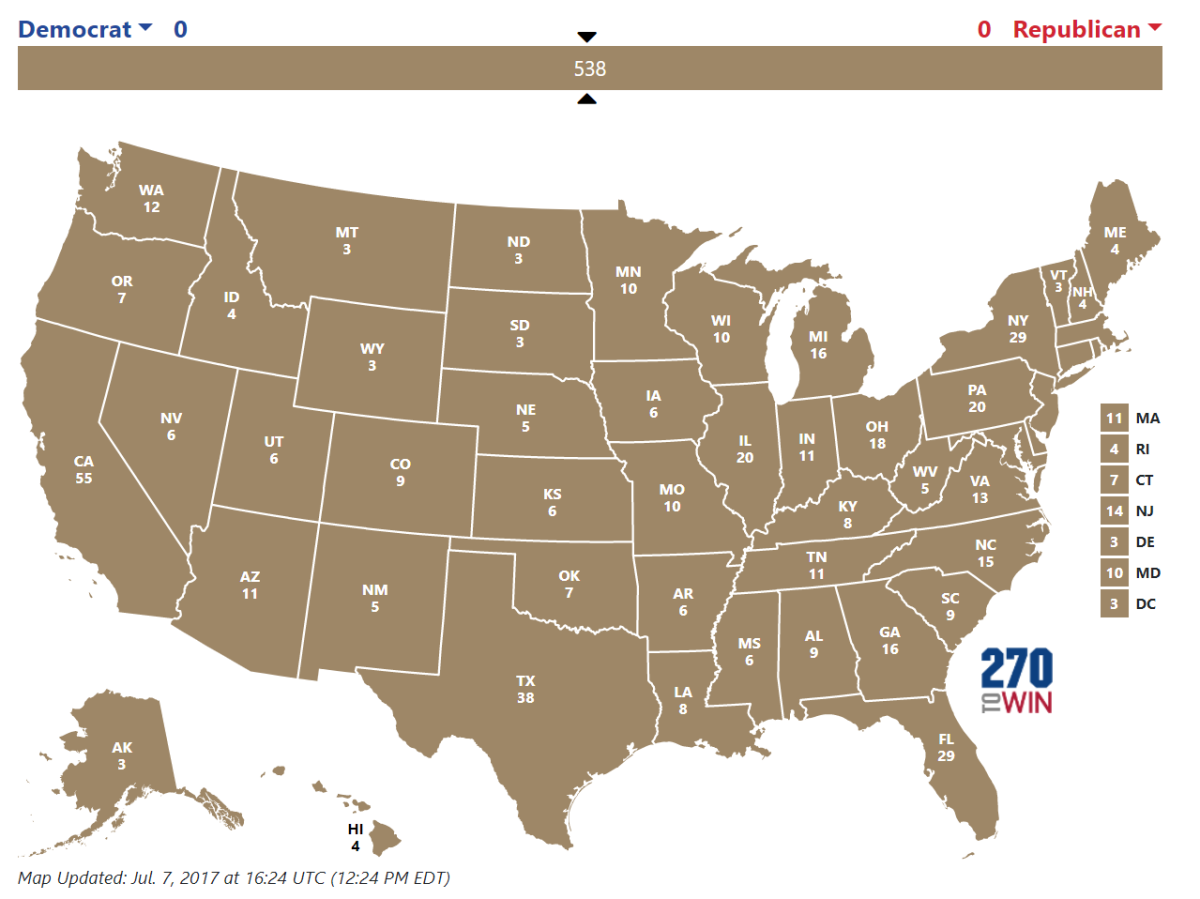The Real Scandal in the IRS "Scandal"
Campaign Finance Laws? What a Joke
I haven’t been writing many political posts lately. This is largely a reflection of my growing disdain for politics. But writing about politics for me is a bit like a drug addiction. Every now and then, I have to get my fix. So the upcoming rant, while trying to make some important points, is largely a means of releasing a few weeks’ worth of pent up annoyance.
President Obama has been bombarded by scandals lately. Of the big three that are dominating the news at the moment, I’m going to address the controversy surrounding the IRS disproportionately scrutinizing conservative organizations that were seeking tax exempt status, a "scandal" which clearly needs a catchy name: Exemptiongate? The War on 501c4s? IRS mess? I’ll work on it and get back to you.
Now I assume that everyone who is outraged by this affair knows what a 501c4 is. But in case you are a person outraged by this scandal merely because your pundits of choice have told you that you should be outraged, I will do my best (with my limited knowledge) to explain. A 501c4 is a non-profit, tax-exempt organization that is supposed to have the primary function of promoting “social welfare.” The problem is that many organizations seeking 501c4 status are actually political action groups seeking to spend lots of money on political campaigns. And unlike SuperPacs which, like a 501c4, can accept unlimited donation amounts from individuals, a 501c4 is not required to disclose any information at all about donors. Needless to say, this makes these so-called "social welfare" organizations attractive vehicles for raising enormous amounts of money to spend on campaign ads. Neither donors nor political operatives involved in these organizations need answer any embarrassing questions regarding whose particular interests they might be promoting.
So the IRS had the job of determining which of the hundreds of 501c4 applications that began flooding their offices after the 2010 Citizens United decision were actually organizations that planned to spend most of their money on "social welfare." And because they did not have the resources to handle this task, some people working there developed some criteria in order to determine which applications were worthy of extra investigation. Unfortunately, they developed criteria, such as certain terms popping up in organizations' names or mission statements, which targeted conservative groups more than liberals. It's possible that this occurred because officials at the IRS concluded that conservatives were more aggressive in creating 501c4 groups / phantom political action groups than liberals. It's also possible that this was an ideological attack intended to stick it to conservative organizations shortly before an election. Either way, it was a stupid approach to the situation that obviously opened the agency up to a scandal. It was so obvious, in fact, that you have to wonder if this was actually a conservative plot to make the IRS and the Obama administration look bad. I have no evidence to back up this statement, but since when has a lack of evidence stopped anyone from making political accusations.
In my mind, the real scandal here is not a relatively petty discussion about stupid criteria used to conduct investigations that did absolutely nothing to stop any "charitable organizations" from spending ungodly amounts of money in the last campaign. Instead, the actual scandal is our nation's so-called campaign finance laws. We have these various forms of political action groups, some of which can take unlimited amounts of money from individual donors without disclosing anything to the public. And while these organizations are not supposed to give this money directly to candidates or to coordinate advertising efforts with them, you have to be pretty naïve to think that there is some sort of a force field separating PAC money from the money that candidates individually raise.
So I can think of a couple of solutions to this IRS scandal that will make sure it does not happen again. One option is to get rid of any kind of campaign finance laws and let any individuals or organizations spend all of the money that they want without any restrictions. This will get rid of the fantasy that there are any actual limitations now and relieve the IRS of the burden of determining if some charitable organization is actually a political action group in disguise. Ohio may have to endure 24/7 political ads for the three months before any presidential election, but that's their problem.
A second plan, however, actually achieves a couple of things that will greatly reduce any possibility of IRS scandals, and it has the added benefit of giving both sides of the aisle something that they claim to want. First, we should simplify the tax code either with some form of a flat tax or a consumption tax. This way, we could greatly reduce the size, scope, and power of the IRS. Their capacity to misuse power in significant ways would be greatly reduced, and the federal government could spend tax dollars currently used to fund the IRS on activities more productive than pouring over complex tax returns. CPAs and tax lawyers will get pissed, but they have been milking the system long enough, so screw them.
And second, we can have publicly financed campaigns. Each major candidate gets a limited amount of air time, a chance to perform in a few debates, and a fixed amount of cash that they can spend traveling around giving a few speeches, kissing babies, and doing other pointless crap. Voters can also easily go to the candidates' web sites if they are actually interested in their positions on issues. Political advertising on television and through other major media outlets would be banned. It's not like any of that garbage provides any actual information anyway, and it would give television viewers one less reason to fast forward through commercials with their TIVOs. Who knows? Having more corporate advertising crap on the air rather than the political garbage may even stimulate a little economic growth.
Of course, I am far too cynical to believe that this second plan will ever happen. Politicians love to use the complex tax code to push their agendas and to pay back the donors who have been able to give so generously to their campaigns, a process made much easier in recent years by our essentially non-existent campaign finance restrictions. Why would politicians want to bite the hands that feed them? And why would incumbents want to give up the fund-raising advantage that they typically enjoy and that provides them with their job security?
So I guess that we can all just go back to arguing on and on about the "scandals" of the moment. Partisan cheerleaders seem to believe that playing some part in making the other side look bad will ensure that their set of bought-off politicians beats the other set of bought-off politicians. Partisan cheerleaders are essentially like sports fans anyway. They don't really care about the tactics their team uses or the fouls that they may get away with. They just want their team to win. The integrity of the game is beside the point.








